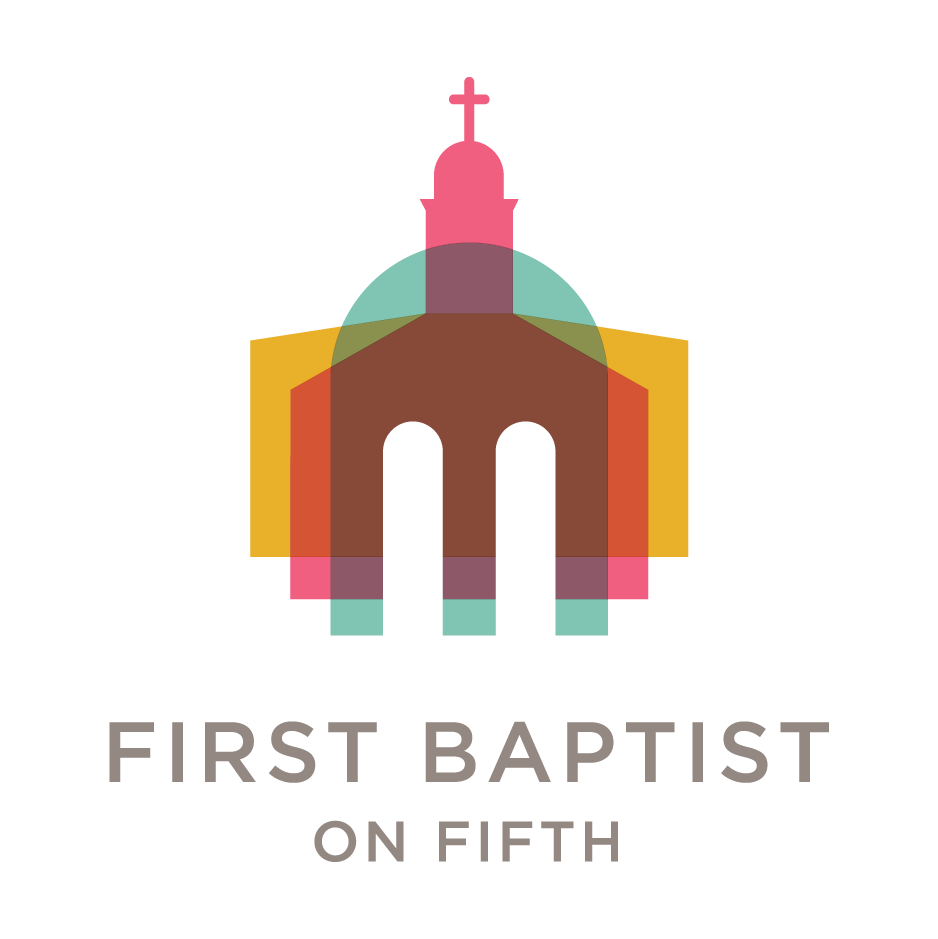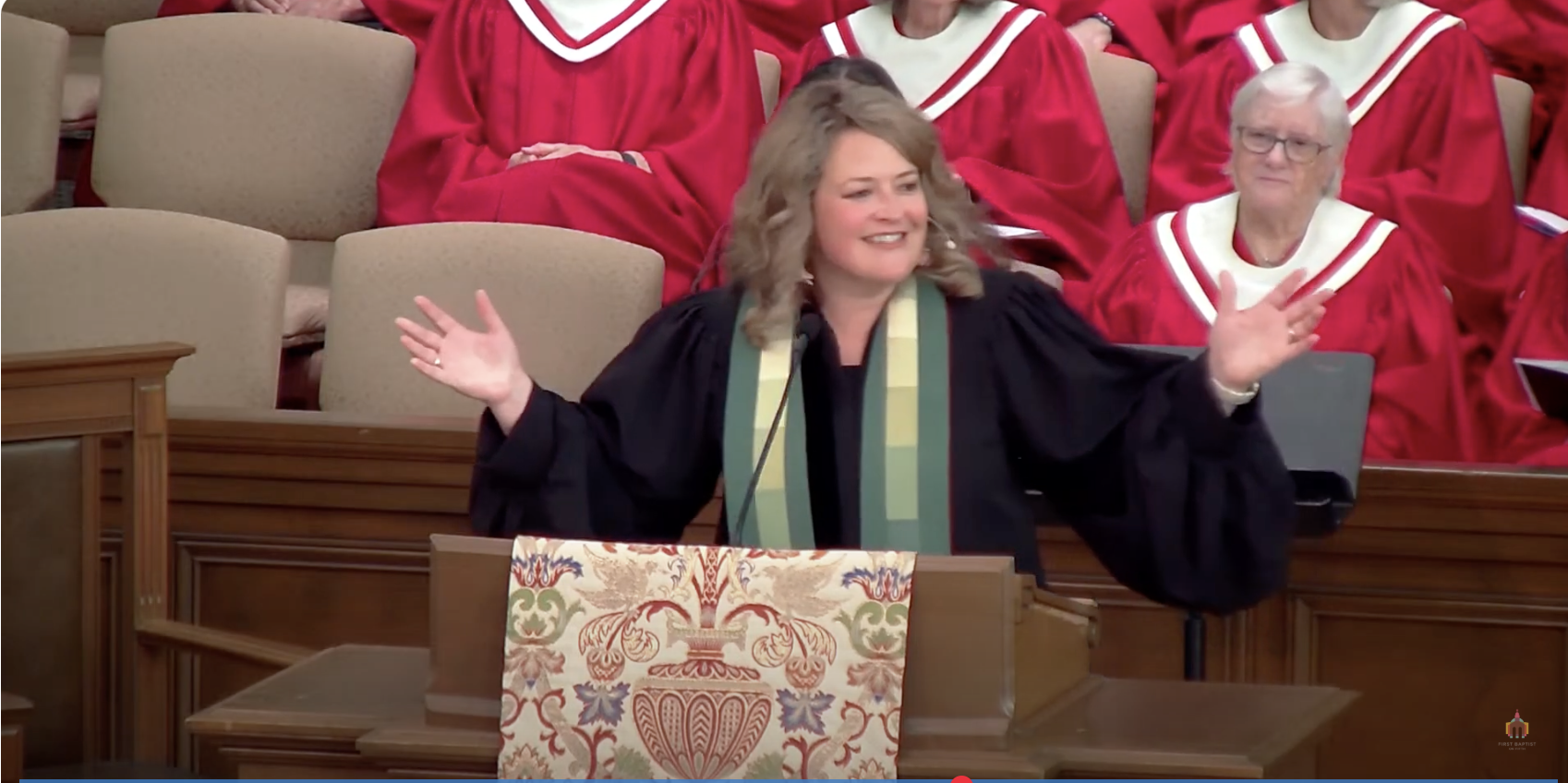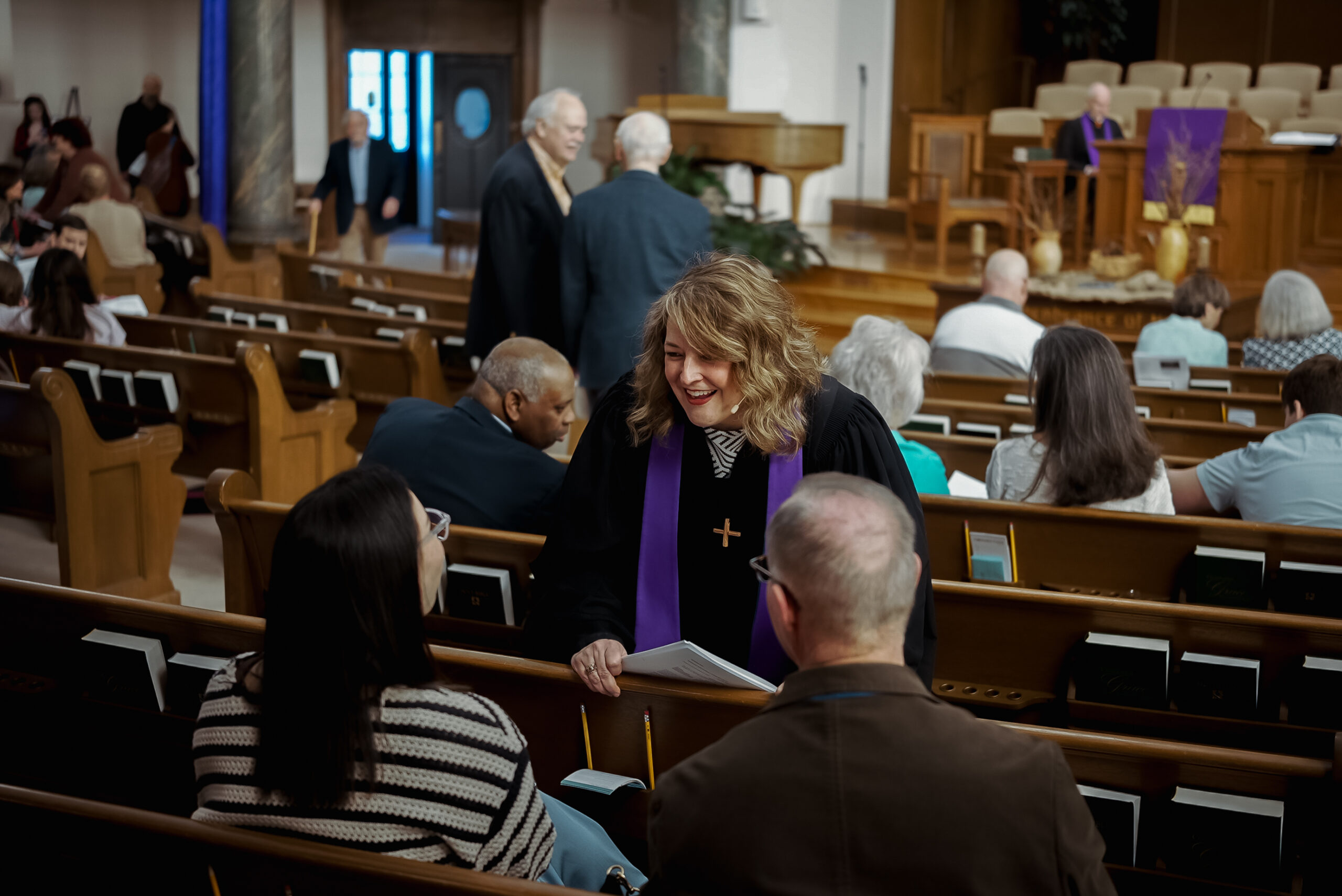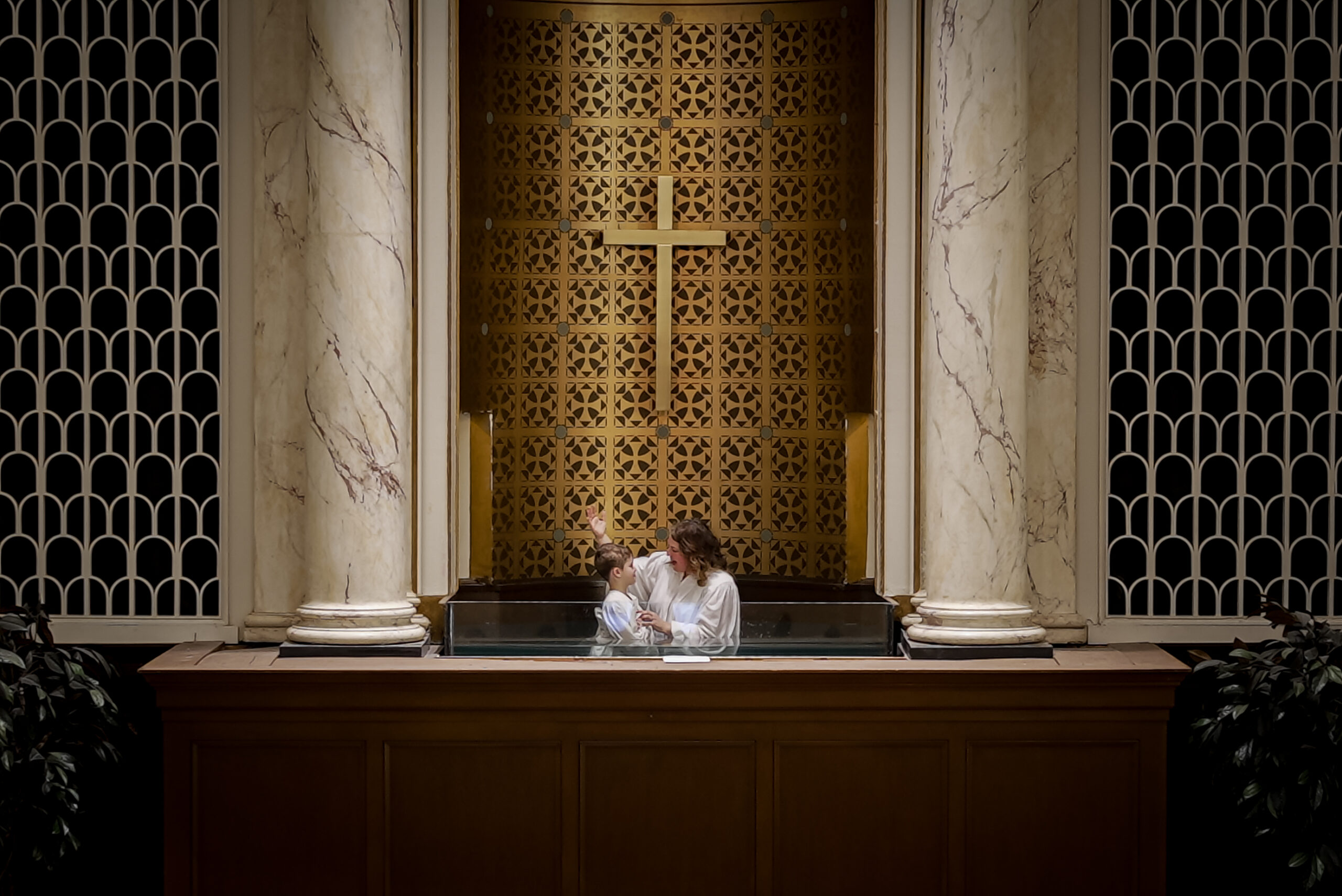IIf you’re like many in the Christian tradition, the last time you may have thought about Noah was as a child yourself, or when a child in your life got those little earworms of songs stuck in your head, “who built the ark? Noah, Noah?” or maybe, “The Lord told Noah, there’s going to be a floody floody!” We tend to keep this text tucked right in those opening pages of Genesis don’t we?
Flood narratives are common among many religious and non-religious origin stories, which is, in part, why we hear news coverage of torrential hurricanes called “biblical” in scale. Yet this one is particular to the God we know through the story of Israel. Most distinctively, as scholar Walter Brueggemann tells us, is that the “focus of the story is not on the flood but upon the change wrought in God which makes possible a new beginning for creation.1
The contours of the story are familiar: God saw the wickedness and violence in humankind was everywhere, betraying the very intent of God in their creation. From Adam and Eve, to Cain and Abel, the humans failed to live into the goodness God gave them from the very beginning, and denied the truth about who God designed them to be. God’s judgment was sharp, clear, uncompromising. “I will blot out from earth the humans I created, people together with animals and creeping things and birds of the air, for I am sorry that I made them.” Sobering and devastating, isn’t it? As Barbara Brown Taylor said, “what a fast catastrophe, to go from ‘God saw everything that he had made, and indeed it was very good,’ to ‘I am sorry that I have made them,’ in five short chapters.”2
But there was one who found favor with God, Genesis tells us. To Noah, God commanded to build an ark, exacting and specific in the instructions. Take two of each animal with you into the ark, God says to Noah. I’ll shut you in. The rains came, and life as this world knew it ended. So complete was the earth’s devastation, so total its loss. This storm irrevocably changes things forever, yet God’s is the first heart to change.
When all was lost yet the dove returned with an olive branch, God remembered Noah. “Never again. Never. I won’t do it again,” God promises, “and lest I forget, I’ll set in the sky a rainbow to remember.” In all the years since, humankind has seen the rainbow as a reminder of God’s promises, but Genesis is clear: the rainbow was to jog God’s memory, not ours.3“When the bow is in the clouds,” God says, “I will see it and remember the everlasting covenant.” It’s as if God was saying: I want to stay in relationship with you. I shall be your God, and you shall be my people. From now on, for better or worse, I will be bound up with my creation no matter what: no matter how much havoc they wreak, no matter how much hatred they foster, no matter how much death we choose over life. “All things,” God says, “all things will be reconciled to me once again.”
II You know, it’s not hard to see why Brian McLaren calls this text one of the Bible’s “loaded gun stories.” God who spoke all creation into being and then pronounced it “very good,” now destroying it all in one watery abyss? Total loss of everything in this world – save for Noah and all on his ark – due to the fractured relationship wrought by humankind upon God? God in conflict with God’s self, revealing a change of heart following the flood? And to think, we put those giraffes and guinea pigs and gorillas and grasshoppers on felt boards and call it a children’s story!
Yet as loaded as this story may be to our ears, the destruction and violence it references is plain as day to see. When we prize our guns more than our lives, what’s to stop us from killing each other? When we prioritize our comfort and our ease over this world’s natural resources, what’s to stop us from abusing the creation we’ve been given to tend? When we prefer our fear of the stranger over our welcome of the stranger, our individualism over our connection, our power and privilege over the common good, what’s to stop us from damaging our relationships past the point of reconciliation or repair? When we numb our bodies – plasticizing them with chemicals chasing the fountain of youth, anesthetizing them with alcohol and screens and pills and cheap thrills, ignoring their needs and care and inherent goodness with the self-hatred we’ve been conditioned to express – what’s to stop us from self-destruction as if we’ve been washed away in the tidal wave of pain? III.
I don’t know, but I wonder if this old, old story of a flood, a boat, a faithful man and his raucous shipmates, and a rainbow might offer us a clue in two parts – in the storms of our lives,the church is like the ark. And when we pick up the pieces, God remembers and reconciles.
At her best,the church is like the ark. She’s a place of refuge, safety, and salvation. A life boat. A shelter from the storm. Frederick Buechner writes of the church like an ark, saying: “And at [the church’s] best there is, if never clear sailing, shelter from the blast, a sense of somehow heading in the right direction in spite of everything, a ship to keep afloat, and, like a beacon in the dark, the hope of finding safe harbor at last.”4
Sometimes the ark we build for each other looks like a phone call on a hard day, a meal DoorDashed to your house after surgery or a note that arrives in your mail at just the right time. We nail planks as we fellowship together, stack boards as we serve together, create shape and form as we sing the songs of faith and tell each other the stories of Jesus. At her best, the church can be the imperfect yet hopeful carrier through that which annihilates our lives, if only we summon the courage to take our steps into the boat.
And when we pick up the pieces, God remembers and reconciles. Given our human desire for God to be kind and palatable and unchanging in all ways all the time, it’s a wonder that this story of God’s self- transformation survived the test of time. Indeed, it’s not despite of God’s anger that we find God’s love, but because of it! As Cole Arthur Riley says: “In the end, it is much easier to locate love in rage than in apathy. Apathy is a giving up, a surrendering to what is. And it’s inherently a disconnecting force. It moves you away from a person. Rage comes for you. It is inherently relational. It might come with fire, but it’s still moving toward something, and in proximity, there is hope for reconnection. In this way, anger itself is a function of reconciliation. It is a bringing together.”5
From then on, God promises to remain reconciled. God never promises that destruction and storms and hardships will not happen. They will, and God’s heart is the first heart to break. But God promises to never again be the destroyer, but rather the Great Reconciler. What hope for our living! What encouragement for all that would pull us toward destruction! And together with God, we have only to look to the heavens to jog our memory. IV.
On Friday, I gathered with some 650 other mourners for the funeral service of Chrissy Hardy. A wife, mother, daughter, sister, friend, and minister, Chrissy served our friends at Knollwood Baptist Church so capably as their children’s minister and our church as a children’s ministry intern some 20 years ago, until a stunning diagnosis of acute myeloid leukemia on May 31 took her life just three weeks later. At a vibrant age of 42, with two young daughters, a loving husband, a broad community, and a sea of possibility in front of her, hers was the kind of death that devastates like a flood, eliminating everything in its wake. An utter tragedy. “How indescribable this loss,” a friend and minister said to all who grieve.6
I sat in the balcony there at Knollwood, crowded to its fullest capacity, and found myself overcome. For it felt to me that in that hour of worship, the gathered community built an ark for Robert, Eloise, and Clara, for Mary Ann and Lee and Trey, for friends and chosen family. Sunshine, breaking through an endless stream of rainy days and pouring into the vaulted windows of the Sanctuary. A new roof. Plank after plank, not of cyprus wood, but the songs of faith and words of scripture. “For the beauty of the earth, for the glory of the skies,” our wobbly, tearful voices sang. The nails. “For the wonders that astound us, for the truths that still confound us, most of all that love has found us, thanks be to God.” 50 cubits. “In our end is our beginning; in our time, infinity; in our doubt there is believing; in our life, eternity. In our death, a resurrection; at the last, a victory, unrevealed until its season, something God alone can see.” 30 cubits. “Jesus loves me, this I know, for the BIble tells me so. Little ones to him belong; they are weak, but he is strong.” A door. “Do not let your hearts be troubled, and do not let them be afraid.” The pitch.
So complete is the devastation in their lives, so total their loss. This storm will irrevocably change them. Yet I couldn’t help but to think that what we did together in worship that warm afternoon will carry them. On his family’s blog just this morning, Robert wrote this of his family: “The battered crew is short their most capable sailor. There are duties that require skills nobody on board has learned yet. But they are moving forward. The ship is surrounded now by other vessels, with tow ropes in hand if needed, and life rings at the ready.” “The ark,” in Buechner’s words, “is where we have each other and where we have hope.”7
The next day – yesterday – our church participated for the very first time in Pride Winston-Salem, a parade and festival celebrating the lives of LGBTQ+ folk in our community. More than 60 of us were there – staffing our booth, walking in the parade, giving out stickers to participants that said “y’all are beloved,” receiving hugs and gratitude and so much love. Our time there was nothing short of sacred, and I will hold this memory in my heart forever.
Because at every step to get us there and to be there, we caught glimpses of rainbows – and not just in the flags, shirts, buttons, joyfully proclaiming goodness in God’s dazzling human creation all around us! – but of God’s undeniable promise and hope along the way. Sister churches who, by their wide welcome when it was neither popular nor easy and thus created a way out of no way, welcomed us yesterday with gratitude and no hint of judgment. A rainbow. So many of our members, so many of you!, who faithfully, lovingly, joyfully have done the long, slow work of loving our church into a truer and more beautiful way of being. A rainbow. Our church’s queer family, who, even in anxiety or apprehension, has overflowed with courage and so much love as they “risked something big for something good.” A rainbow. Person after person who greeted us with disbelief and wholehearted gratitude with stories like, “I grew up in a Baptist church that kicked me out when I came out – it is so healing to see you here,” or “I can’t believe there’s a church in our community like yours.” Double rainbows.
The sea for our LGBTQ+ family is in a particularly stormy moment, with oppressive legislation and a rise in violence flashing like lightning and threatening to strike. Yet the goodness is undeniable. The rainbow is in view. The olive branch bears truth. God remembers and reconciles. Again from Buechner: “This is not the end of the story in Genesis, but maybe that is the end of it for most of us – just a little sprig of hope held up against the end of the world.”8
IIIDear, beloved community – in all the tempests and turmoil in this life, may we be the ark for one another. May we trust in the God who, no matter what, remembers and reconciles. And when we need reminding, may we lift our eyes to the heavens and look for the colorful bends and curves of hope, a promise for what is yet to be. Amen!





